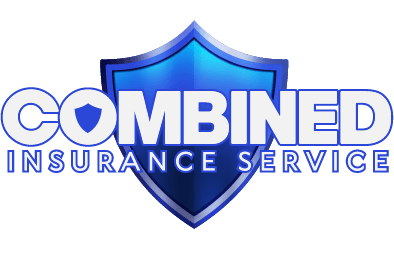When you are a business owner, there are several insurance coverages you should consider to protect your business and mitigate potential risks. Here are some common types of insurance coverage for business owners:
- General Liability Insurance: General liability insurance is essential for business owners. It provides coverage for claims of bodily injury, property damage, personal injury, and advertising injury. This coverage protects your business against lawsuits and can cover legal fees, settlements, and judgments.
- Property Insurance: Property insurance protects your business property, including buildings, equipment, inventory, and furniture, against damage or loss due to fire, theft, vandalism, or certain natural disasters. It typically covers the replacement or repair costs of the covered property.
- Business Interruption Insurance: Business interruption insurance, also known as business income insurance, helps cover lost income and ongoing expenses if your business operations are temporarily interrupted or suspended due to a covered peril, such as a fire or natural disaster. It can provide financial support during the period of restoration.
- Professional Liability Insurance: Professional liability insurance, also called errors and omissions insurance, is important for businesses that provide professional services or advice. It protects against claims of negligence, errors, or omissions that may result in financial loss for your clients. This coverage can be crucial for professionals such as doctors, lawyers, consultants, or architects.
- Workers’ Compensation Insurance: Workers’ compensation insurance is generally required by law if you have employees. It provides coverage for medical expenses, disability benefits, and lost wages to employees who are injured or become ill in the course of their employment. This coverage helps protect both your employees and your business from potential legal and financial consequences.
- Cyber Liability Insurance: In the digital age, businesses face cybersecurity threats. Cyber liability insurance helps protect against data breaches, cyberattacks, and other cyber risks. It can cover costs related to notifying affected individuals, public relations, legal fees, and financial losses due to data breaches or cyber incidents.
- Commercial Auto Insurance: If your business uses vehicles for operations, commercial auto insurance is necessary. It provides coverage for liability, property damage, and physical damage resulting from accidents involving company-owned vehicles. This coverage can extend to rented or borrowed vehicles as well.

